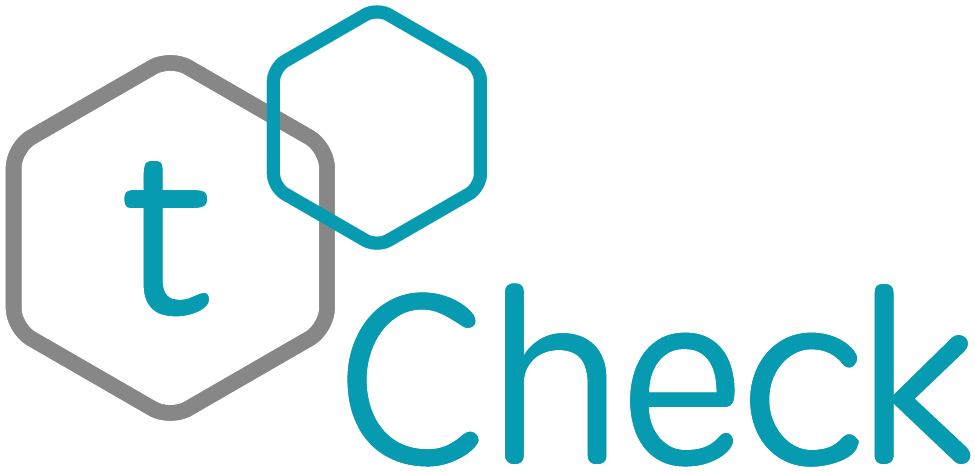The cannabis industry has a growing problem, and it’s one many businesses don’t consider until they are well underway. Cultivators, processors, and retailers all produce various categories of waste, which under strict track and trace regulations — all require proper handling.

We sat down with Arman Zeytounyan from EcoWaste, a cannabis waste services company operating in Southern California to get a better idea of how to handle the challenging problem of staying compliant, even with garbage. If anyone knows how to navigate the complexities of cannabis waste, it’s someone who works with it daily.
The importance of proper cannabis disposal
According to some reports, California produces 9 million pounds of product annually. From the cultivators planting the seeds to the extractors producing concentrates, to the packing plants pumping out consumer products, there is a lot of waste produced in the ecosystem of cannabis. Waste might not make for exciting headlines, but it’s aspects of doing business in a highly regulated industry.

Regulators don’t want waste material ending up where it doesn’t belong, or it somehow reappearing on the black market. As such, there is a strict structure in place to track cannabis throughout its life, including as it heads to the landfill, recycling facility, or composting plant.
While Zeytounyan feels regulators are seeking to train businesses instead of punishing them (so far), failed compliance can be very costly. For example, in the state of California, failed inspections and ignored warnings may trigger daily penalties. Zeytounyan told us about one example from Northern California, where a cannabis business was fined $95,000 per day for failed waste management, including plant material, water, and hazardous waste.
Cannabis waste management services, like EcoWaste, take all the regulatory mumbo-jumbo out of the process. They understand the laws, to provide a simple one-stop-solution to their clients. They manage each category of waste (water, recyclables, compostables, and hazardous) properly, to make compliance easy.
Are you testing your cannabis potency?
How to dispose of cannabis as a business
Zeytounyan estimates roughly 60 percent of new contracts are in urgent need of a waste disposal solution. Waste isn’t a sexy aspect of any business, and as such, many companies remain ignorant about the strict requirements until it comes time for licensing. Suddenly, with their license on the line, waste becomes a major priority.

By using a licensed and reputable cannabis waste company, your waste problem is minimal. As Zeytounyan explained, after an initial exploratory conversation about scope and scale, followed by the necessary paperwork, EcoWaste can quickly schedule the delivery of the required containers.
What sorts of disposal does a business need to concern themselves with? If you are an extractor, that might mean containers to hold leftover solvents or other hazardous waste. Cultivators might require a compost bin, for the leftover soil and plant material. Edible makers or vape pen producers might need systems for recyclables, solids, or battery recycling.
Also, all cannabis businesses must render their waste to make in unusable and unrecognizable. This is the responsibility of the company, not the disposal service. Other specifics vary from state to state (and even county to county), its best to speak with the agency involved, and a disposal company to get a clear idea of what regulations your business must follow.
The other essential points of disposal revolve around track and trace compliance measures. Rendered waste is weighed on-site, then the disposal company weighs before removal, and finally, the waste is weighed at the end processing facility like a composting site or landfill. Total traceability from end to end.
How to dispose of cannabis as an individual
As a customer, do you have to follow the same complicated series of steps as the commercial industry? Is the final consumer held to the same standards as their suppliers? Thankfully, individuals have far less to worry about, and there are no paperwork requirements for disposing of your personal products.
With that said, individuals might want to keep in mind where their waste ends up. Cannabis containing THC can be dangerous if left within reach of children or pets. Therefore you’ll want to render all waste unusable and unrecognizable before tossing it in the trash.
Which potency tester is right for you?
The future of cannabis waste disposal
The emerging trends for cannabis waste follow similar patterns seen in other industries. People are more thoughtful about what packaging they purchase, prefer recyclable over single-use, and are generally just more green. In Zeytounyan’s opinion, the cannabis industry hasn’t made much progress on reducing, reusing, and recycling in its frantic journey to legalization — but he expects that to change soon.
Now that companies are getting to market and navigating compliance better, it’s time to examine waste management practices. It’s the green rush, but there are currently few green solutions.
Clearly, there is room for improvement in many areas. On a positive note, EcoWaste is currently working towards closed loops waste solutions to divert away from landfills. Although businesses are ultimately responsible for making these changes, consumers have the purchasing power to push for greener initiatives.






